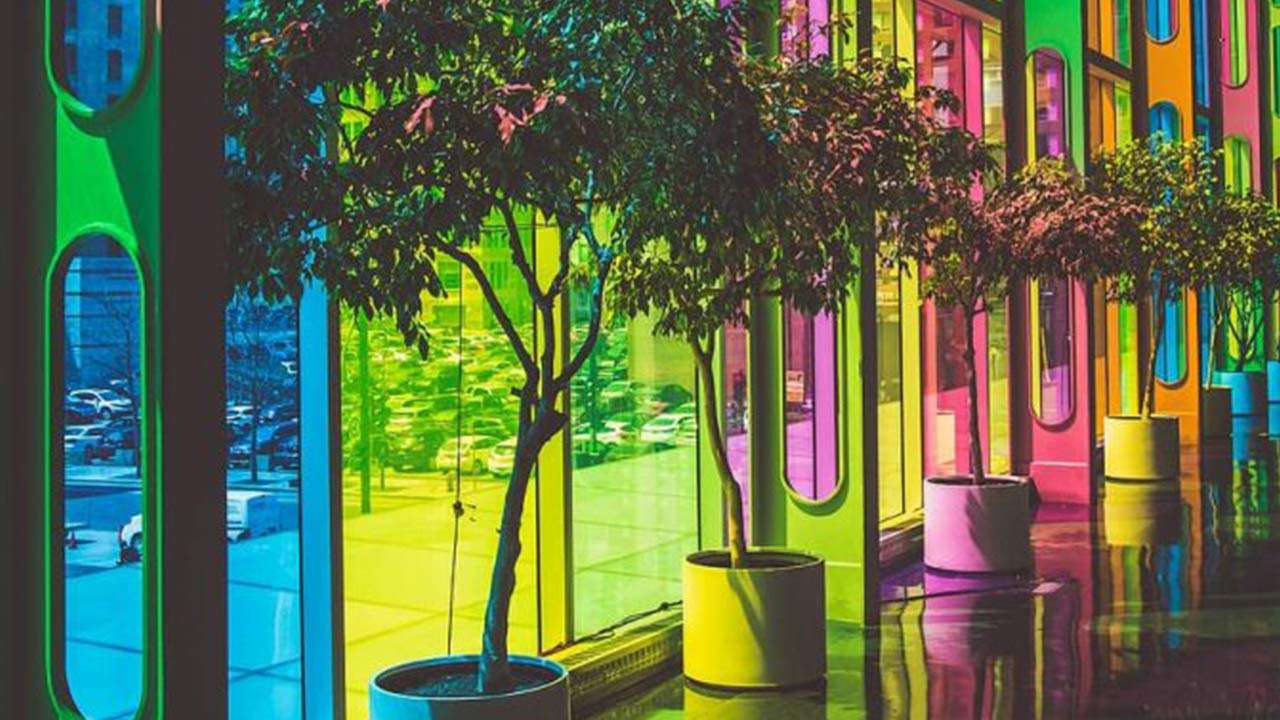POSTED Mar 22, 2022 - 04:28 PM
Filipino student's solar panels win James Dyson Award's sustainability prize
Filipino student Carvey Ehren Maigue won the first-ever global sustainability at the James Dyson Award for his solar panel AuREUS made from food scraps
This article was originally published on Nolisoli.ph
As an agricultural country, food waste has always been an issue. Aside from leftovers from daily meals, tons of produce that farmers lose due to weather disruption also go to waste.
In order to combat this issue, Filipino student Carvey Ehren Maigue invented AuREUS: an ultraviolet (UV) absorbent compound that repurposes fruit and vegetable scraps for colorful solar panels.
A promising idea, this upcycled material won the 2020 global sustainability prize at the James Dyson Award, which recognizes international designs every year. It is the first-ever winner of the award, an amazing feat considering that this year recorded the highest number of encouraging inventions from young engineers and scientists submitted to the award-giving body.
“Winning the James Dyson Award is both a beginning and an end. It marked the end of years of doubting whether my idea would find global relevance. It marks the beginning of the journey of finally bringing AuREUS to the world. I want to create a better form of renewable energy that uses the world’s natural resources, is close to people’’s lives, forging achievable paths, and rallying towards a sustainable and regenerative future,” said Maigue.
Inspired by the Northern and Southern lights, commonly referred to as the Aurora Borealis, Maigue’s invention converts UV light into renewable energy. Unlike traditional solar panels, it works whether the sun is shining or covered by clouds, as the material generates electricity by making its particles absorb UV light. This causes it to glow—just like the Auroras.
Maigue’s solar panels don’t convert stray UV from sunlight directly into electricity. Instead, it first turns the captured UV to visible light, akin to how solar wind radiation is converted to Aurora lights. Its photons are later captured using conventional photovoltaic cells and then transformed into clean, renewable electricity.
According to James Dyson Award, “current testing suggests that it can produce electricity 48 percent of the time, compared to 10 to 25 percent in conventional photovoltaic cells.”
Maigue first submitted his idea to the awarding body in 2018, but wasn’t able to reach the awarding stage of the competition.Instead of upcycled waste crops, his original submission used a chemical compound as the substrate’s key ingredient. After two years of research and development, he changed it to its current setup—and successfully bagged the global sustainability award.
“[As] a farmer, I have always been concerned about covering fertile, food-producing, agricultural land in photovoltaic cells. Maigue’s invention demonstrates a convincing way to create clean energy on existing structures, like windows, within cities,” said the award-giving body founder and chief engineer James Dyson.
The young inventor has received around P1.9 million from the James Dyson Foundation to fund future developments under the AuREUS project, which is still under development. After winning the award, Maigue proceeded to finish his degree and continued to work on the invention.
“To date, we identified a better method to increase the power output of our solar windows, and are currently developing high output solar bricks and tiles. We are very fortunate to establish a pilot partnership with a global BPO company for our initial project. Commercial scale installations will be slated for 2022,” says Maigue.
As this feat proves, the new generation of young inventors and scientists is bringing wondrous ideas and innovations to solve the world’s multiple problems. That should keep encouraging us to support their discoveries and scientific findings.
Read more
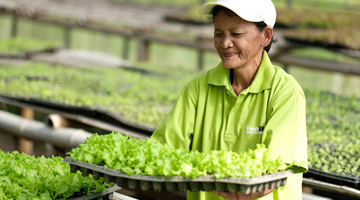
Filipino enterprises join the global drive for sustainable futures
Harnessing innovative solutions for a sustainable future Learn More
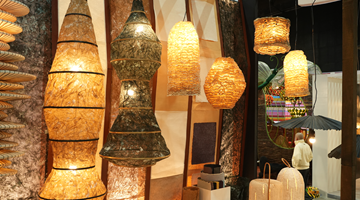
Rooted in Advocacy, Crafted for the Future
Going strong for 42 years, Manila FAME is a bold, seasoned trade show shaped by decades and transfor... Learn More
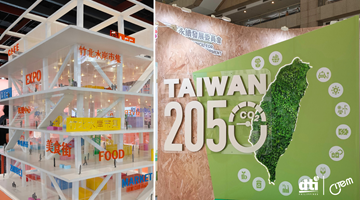
Learning the curve of sustainability: CITEM explores Taiwan’s SDG-driven industries
CITEM tracks sustainable practices in Taiwan’s transformative industries, and gets a glimpse of a... Learn More
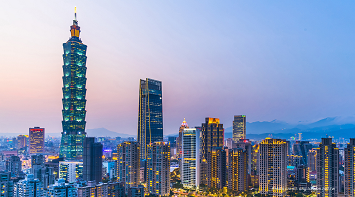
CITEM Market Sensing Mission to Taiwan to strengthen PH SDG competency
Making serious strides toward strengthening the country’s sustainability footprint, CITEM travels to... Learn More
